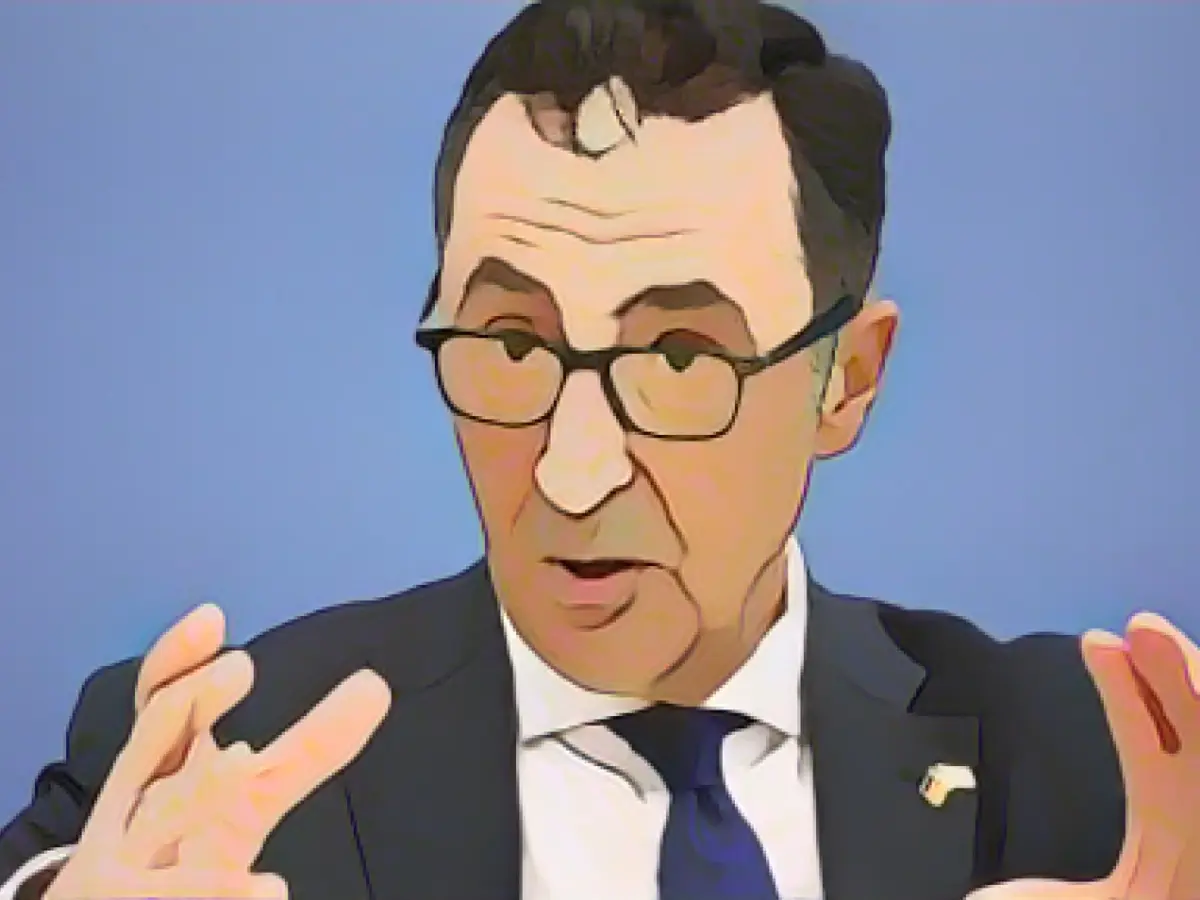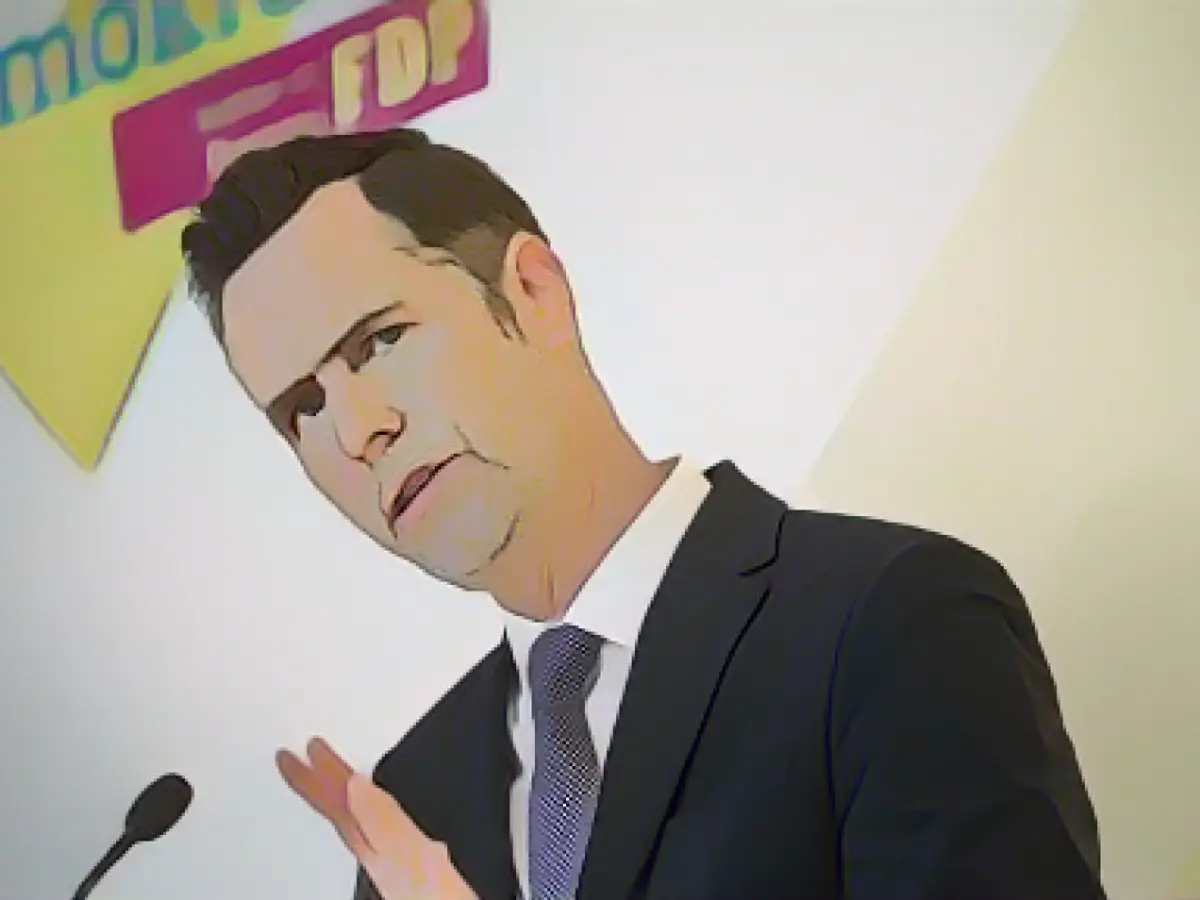Agriculture Minister Özdemir Voices Concerns Over Eliminating Diesel Subsidy for Farmers
Holding a pragmatic view, Green politician Özdemir stated that it's theoretically possible to phase out climate-harming subsidies, but the agricultural sector poses a challenging issue. Unlike cars, there aren't viable electric alternatives for heavy agricultural machinery. "That's the reality," Özdemir pointed out, "Politicians can't simply choose to overlook physical constraints." The frustration of the agricultural sector towards the decision to eliminate the agricultural diesel subsidy isn't unwarranted, as Özdemir conceded.
The proposed adjustments to the agricultural diesel subsidy and the exemption from motor vehicle tax for agricultural and forestry machinery machines stem from the government's financial consolidation following the Constitutional Court's ruling. The German Farmers' Association (DBV) has advocated for a public demonstration against the budgetary changes, with Özdemir intending to participate and deliver a speech.
Previously, the Ministry of Agriculture had overruled a Finance Ministry proposal to withdraw the agricultural diesel subsidy, citing concerns about the excessive strain on agriculture. Özdemir expressed worry that scrapping this subsidy would impose an undue burden on farmers and create disadvantages compared to nations offering similar subsidies.
Read More:
- Cem Özdemir, the German Agriculture Minister, raises concerns about the proposed elimination of the agricultural diesel subsidy due to a lack of electric alternatives for heavy agricultural machinery.
- The German Farmers' Association (DBV) has called for demonstrations on Monday against the proposed cuts to the agricultural diesel subsidy and the motor vehicle tax exemption for agricultural and forestry machinery.
- Özdemir had previously rejected a proposal by the Ministry of Finance to abolish the agricultural diesel subsidy, citing potential negative impacts on agriculture and competition.
- The agricultural sector expresses frustration with the decision to eliminate the agricultural diesel subsidy, as it could encumber agriculture and create competitive disadvantages compared to other countries offering similar subsidies.
- Özdemir, despite his opposition and concerns, reportedly agreed to participate in the farmers' demonstration and deliver a speech to show solidarity with the agricultural community.
Originally sourced from
Insights:
In light of climate concerns within the agricultural sector, alternative approaches are being developed to reduce its environmental impact and make use of emerging technologies. These solutions include:
- Hydroponic Technology: This advanced farming method, adopted by Soupah Farm-en-Market Limited in Nigeria, utilizes 99% less water than traditional farming and offers protection against environmental risks like flooding and droughts by growing crops indoors.
- Integrated Farming Systems: Green Harmony in Indonesia has designed the 4F Integrated Farming System, which incorporates Fertilizer, Filtration, Feed, and Food, utilizing azolla as a valuable resource for sustainable liquid organic fertilizer.
- Electric and Alternative Fuel Machinery: The adoption of electric and alternative fuel machinery like hydrogen is on the rise, reducing greenhouse gas emissions and operational costs, offering a cleaner working environment, and potentially paving the way for sustainable farming practices.
- Enhanced Weathering (EW): This innovative approach involves adding crushed basalt to soil to capture carbon dioxide from the atmosphere, ultimately having the potential to contribute significantly to the global fight against climate change.
- Precision Farming and Drones: Drone technology and other precision farming tools are being employed to optimize resource usage, increase efficiency, and reduce waste in farming, without necessarily relying on electric heavy machinery.
- Alternative Fuels for Tractors: Research is being conducted into the use of alternative fuels like methanol and hydrogen to replace traditional fossil fuels in agriculture, potentially reducing long-term operational costs and promoting sustainable farming practices.








